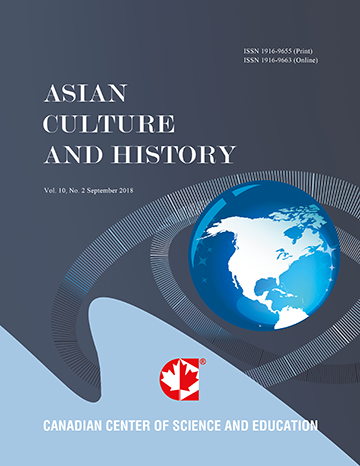Taiwanese Skin, Chinese Masks: A Rhizomatic Study of the Identity Crisis in Taiwan
- Che-ming Yang
Abstract
Viewed from some postcolonial/postmodern perspectives by employing mostly the micropolitics of Homi Bhabha’s and Gilles Deleuze (and other theorists who hold similar conceptions), whose major common interest lies in dismantling the myth of establishing an imagined community by retrieving a shared national history/culture and assuming ethnic purity, this paper seeks to explore the paradoxical aspects of Taiwan’s quest in her decolonizing progress for a “collective” national/cultural identity. Besides, this paper compares mostly Taiwan’s decolonization process with South Korea’s because of their similarity in territorial division due to some civil wars and the intervention of external powers (e.g., the former Soviet Union and U.S.A.). By so doing, this paper aims to propose some solution to Taiwanese’s dilemma in constructing a “collective” national /cultural identity.- Full Text:
 PDF
PDF
- DOI:10.5539/ach.v1n2p49
Journal Metrics
Google-based Impact Factor (2017): 5.42
h-index (January 2018): 11
i10-index (January 2018): 21
h5-index (January 2018): 6
h5-median (January 2018): 9
Index
- Academic Journals Database
- CNKI Scholar
- COPAC
- EconPapers
- Elektronische Zeitschriftenbibliothek (EZB)
- Excellence in Research for Australia (ERA)
- Genamics JournalSeek
- Google Scholar
- Infotrieve
- LOCKSS
- MIAR
- NewJour
- Open J-Gate
- PKP Open Archives Harvester
- Publons
- RePEc
- Scilit
- SHERPA/RoMEO
- Standard Periodical Directory
- Technische Informationsbibliothek (TIB)
- The Keepers Registry
- Universe Digital Library
- WorldCat
Contact
- Ivan YongEditorial Assistant
- ach@ccsenet.org
